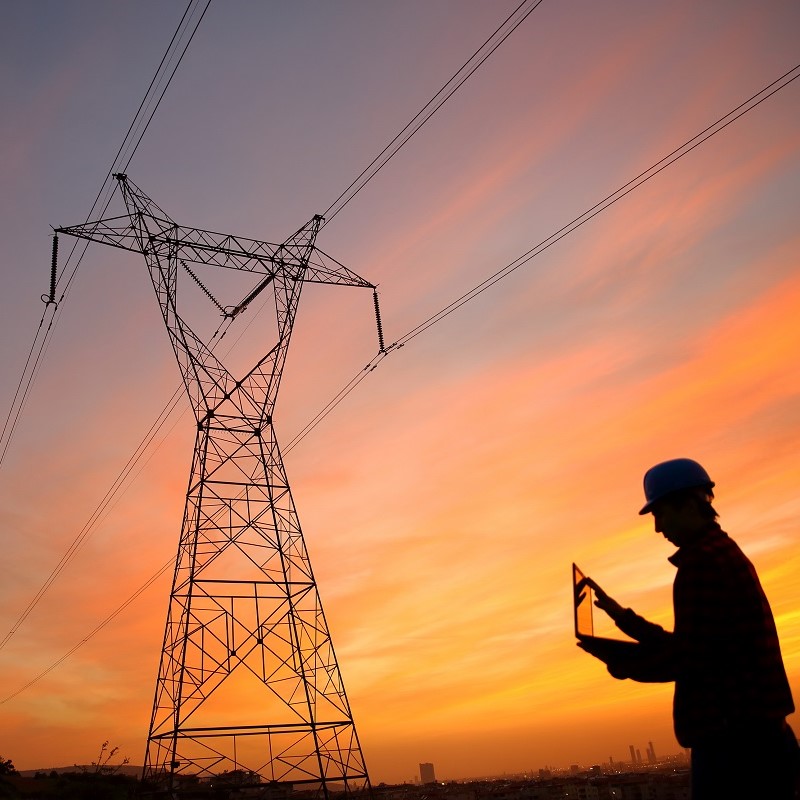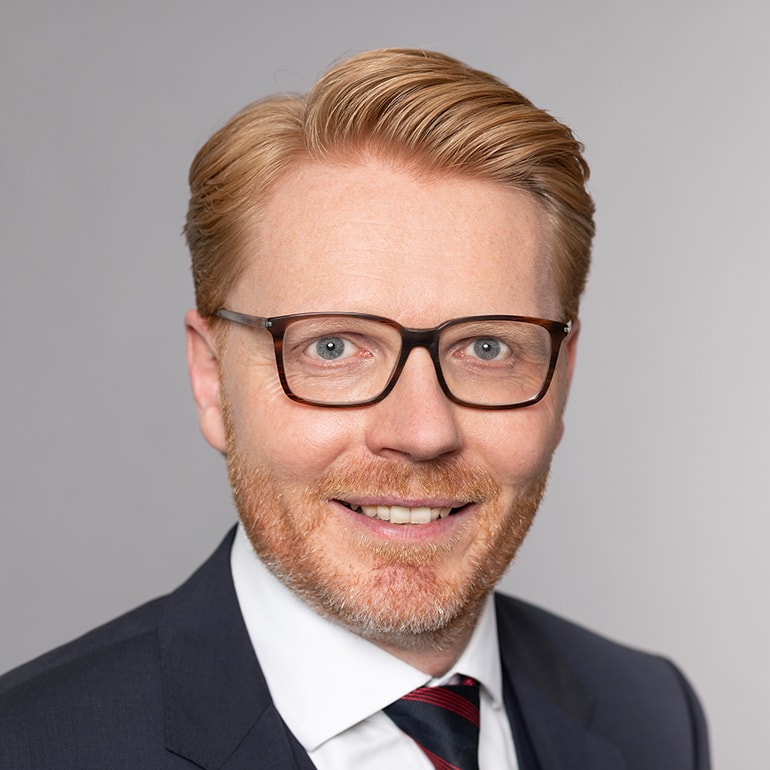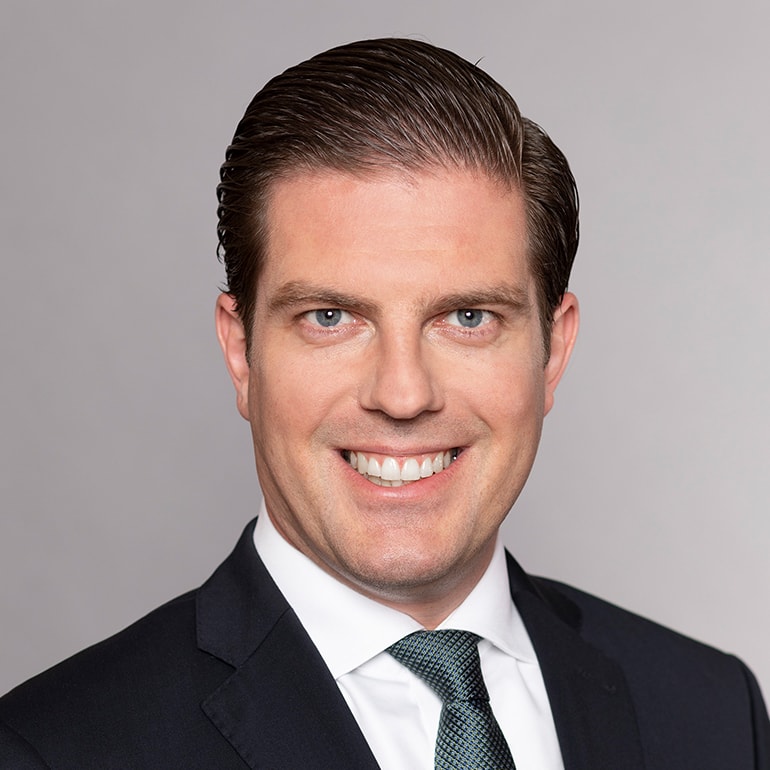03.07.2020
Scenario Framework 2035: low aspirations for electricity grid planning

The new Scenario Framework 2035 (Szenariorahmen 2035) drafted by four transmission system operators (“TSOs”), which provides different scenarios for electricity grid planning up to 2035, has now been approved by the German Federal Network Agency (Bundesnetzagentur). Numerous proposals put forward by the TSOs were significantly corrected downwards. The ambitious climate protection goals that Germany has set itself in the fight against climate change will, therefore, probably be difficult to achieve with these targets.
The Scenario Framework for electricity grid planning was proposed by the TSOs. The Framework defines scenarios on which the electricity grid planning will be based. In January 2020, the TSOs submitted their draft to the Federal Network Agency for approval. The Federal Network Agency made a large number of changes and finally approved the Scenario Framework 2021-2035 in an amended version on 26 June 2020.
The Scenario Framework 2035 examines three development paths for the year 2035 (A 2035, B 2035 and C 2035) and one development path until 2040 (B 2040). Scenario A assumes low electrification and a low network demand, whilst scenario C assumes high electrification and a high network demand. Scenario B lies between these two development paths and represents the main scenario.
In particular, the Framework addresses the expansion of renewable energies. In doing so, however, it applies significantly lower expansion assumptions than those envisaged by the TSOs. For example, the expected capacity in the main scenario in 2035 is 117.8 gigawatts from solar power plants, 86.8 gigawatts from onshore wind and 30 gigawatts from offshore wind. In contrast, the draft from the TSOs still envisaged 119 gigawatts from solar power plants and 90 gigawatts from onshore wind. The planned portion of renewables in gross electricity consumption, which was to reach 75% in 2035, was, therefore, adjusted downwards to 72.9%. It is doubtful whether it will be possible to achieve climate neutrality with these assumptions in the electricity sector by 2050.
It is also conspicuous that the Federal Network Agency set the expected gross electricity consumption at a much lower level than that originally envisaged by the TSOs. These assumed 670 terawatt hours in 2035, whereas the Federal Network Agency has now only assumed 656.9 terawatt hours.
On the other hand, according to the Federal Network Agency’s Scenario Framework, the power-to-gas output will increase more than was envisaged in the TSO draft. In light of the German government's hydrogen-based strategy, considerable developments are expected in this area.
The Scenario Framework also provides in two scenarios that no more coal-fuelled power plants will be on the grid by 2035. According to the German government's plans, the coal-fuel phase-out should take place by 2038 at the latest, but if possible it should be implemented as early as 2035. Therefore, the Framework at this point goes beyond what is currently prescribed politically.
The Scenario Framework 2035 was criticised in particular for its approach. By 2050, Germany, and, therefore, also the electricity grid, should be climate neutral. Accordingly, the Öko-Institut e.V. (Institute for Applied Ecology), for example, had called for a back-calculation of this target in order to determine the development path for 2035. However, the Federal Network Agency rejected such a “top-down back-calculation”.
On the basis of the Scenario Framework, the TSOs must now prepare the 2035 Network Development Plan Electricity (Netzentwicklungsplan Strom 2035) by the end of the year. This draft must also be submitted to the Federal Network Agency. It remains to be seen how the TSOs will now concretely implement the requirements of the Scenario Framework.
Dr Gernot-Rüdiger Engel: “The Scenario Framework 2035 falls seriously short of expectations. The Federal Network Agency has, in particular, applied very low values to renewable energies. It remains to be seen whether the climate protection goals can be achieved in this manner.”
Ekkehard Hübel: “The Federal Network Agency has not succeeded with the Scenario Framework 2035. Ambitious plans are envisaged for the coal-fuel phase-out, but otherwise the Framework is far too tentative. No conclusive concept has therefore emerged.”

Dr Gernot-Rüdiger Engel
Partner
Hamburg
gernot.engel@luther-lawfirm.com
+49 40 18067 16639

Ekkehard Hübel
Counsel
Hamburg
ekkehard.huebel@luther-lawfirm.com
+49 40 18067 21848